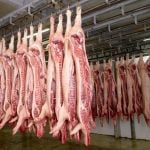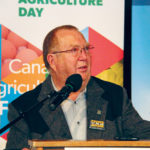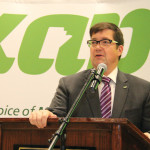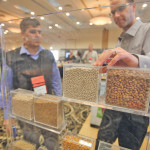Ontario’s goat producers will be voting from Feb. 27 to March 10 on a proposal to create a producer association under the Ontario Farm Products Marketing Act. The designation would allow Ontario Goat to collect a mandatory licence fee of $0.005 per litre of goat milk marketed from licensed goat farms. The $0.005 is the











